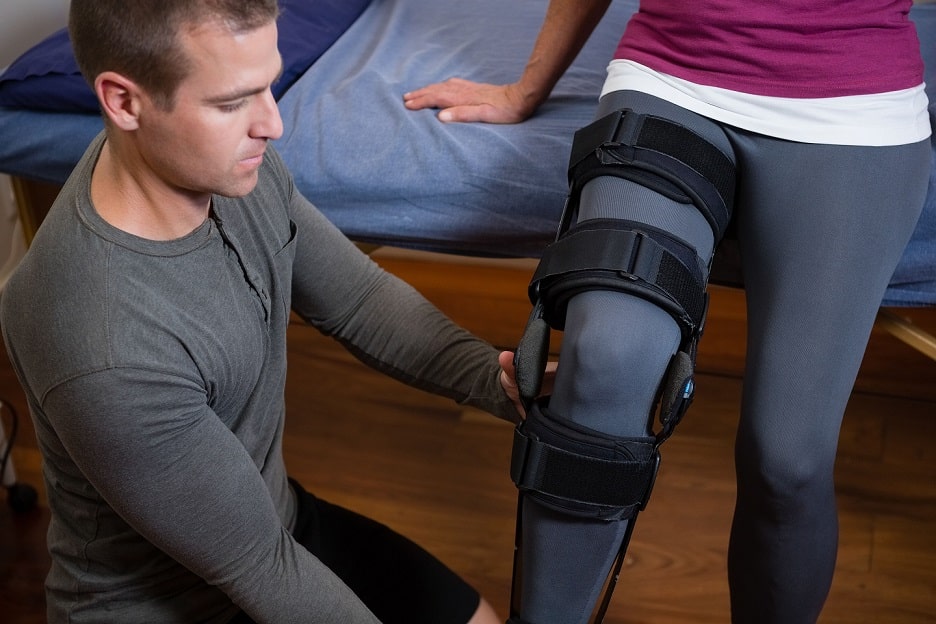A very sad case has been recently exposed by Channel 4 News (source).
Baby Lucus, seven and a half months old, suffered from a neurological disorder called Sturge-Weber, a rare but treatable condition which causes regular convulsions in young children. He was admitted into the Homerton Hospital in East London for treatment following a number of fits. He was under the care of three experienced doctors: a paediatrician consultant, a senior registrar, and a senior house officer. Despite this, Baby Lucus was administered with between 9 and 12 times the recommended dose for a child of his age and weight of an anti-epileptic drug.
The anti-epileptic drug called Phenytoin has the effect of slowing down the heart rate and reducing blood pressure, and once administered, there is no way for the drugs’ effects to be reversed. This meant that, even though the doctors seemed to realise quickly that they had provided an overdose, they were unable to do anything about it. Baby Lucus’ parents report a lengthy silence after the drugs had been administered and then the parents were quickly informed of the mistake. Ms Holzscheiter, Lucus’ mother, recalls that one of the doctors was crying as they came into their room to give them the sad news. Baby Lucus sadly died shortly after the drugs were administered.
This is very tragic accident and was clearly not only distressing for the parents but for the medical practitioners involved. It is easy to become angry with the doctors involved in these types of cases, but it should be remembered that their acts were not a deliberate mistake, and often they will be deeply affected by a case such as this when they have entered the profession to help people.
So how do mistakes like this occur? Unfortunately, prescribing errors are relatively common and are probably largely the result of overworked and tired staff trying to carry out their duties as quickly as possible and move on to their next patient. But this is no excuse, and there should be sufficient procedures in place to prevent this error from occurring. There are certain procedures designed to limit these mistakes but they do not seem to be working. There have been far too many times when a tragedy such as Baby Lucus’ story has been reported.
When a prescription is written by the doctor, it should then be checked by both the pharmacist and the nurse before being administered. So why was the mistake not picked up on before administration? The Medical Director at Homerton Hospital, Dr John Cockley, suggested that those who should be checking the prescriptions are falsely reassured when the prescription has been written by a consultant or registrar, and so they do not make as a thorough check as they should.
As a result of this tragedy, Homerton Hospital has now introduced a system of regular prescribing assessments for doctors in the paediatric department, no matter how senior. The senior registrar involved in Lucus’ case actually failed the assessment twice. This has raised serious concerns over the ability of some doctors to prescribe correctly and it is noted that, although junior doctors are regularly assessed, those of a more senior and more experienced position are not subject to such regular scrutiny. However, the General Medical Council together with the Royal Medical Colleges are looking to improve prescribing skills across the board by introducing regular assessment and standardised prescribing forms. Let’s hope that these measures will prevent these tragedies from occurring in the future.












